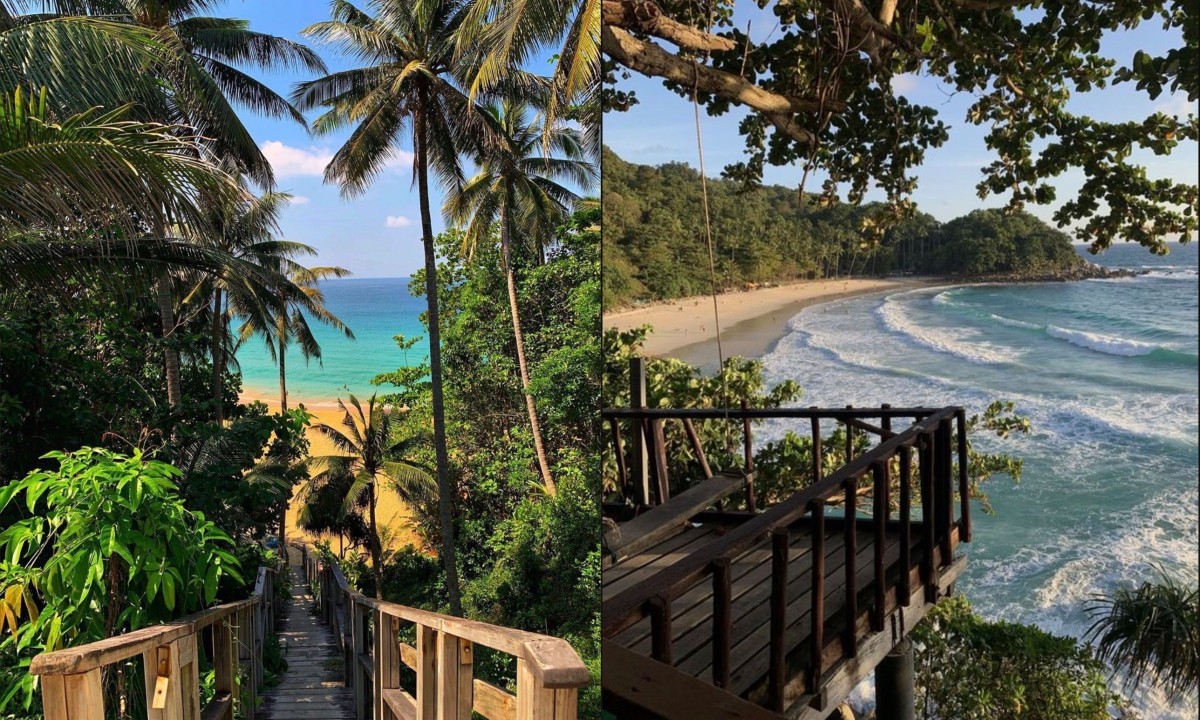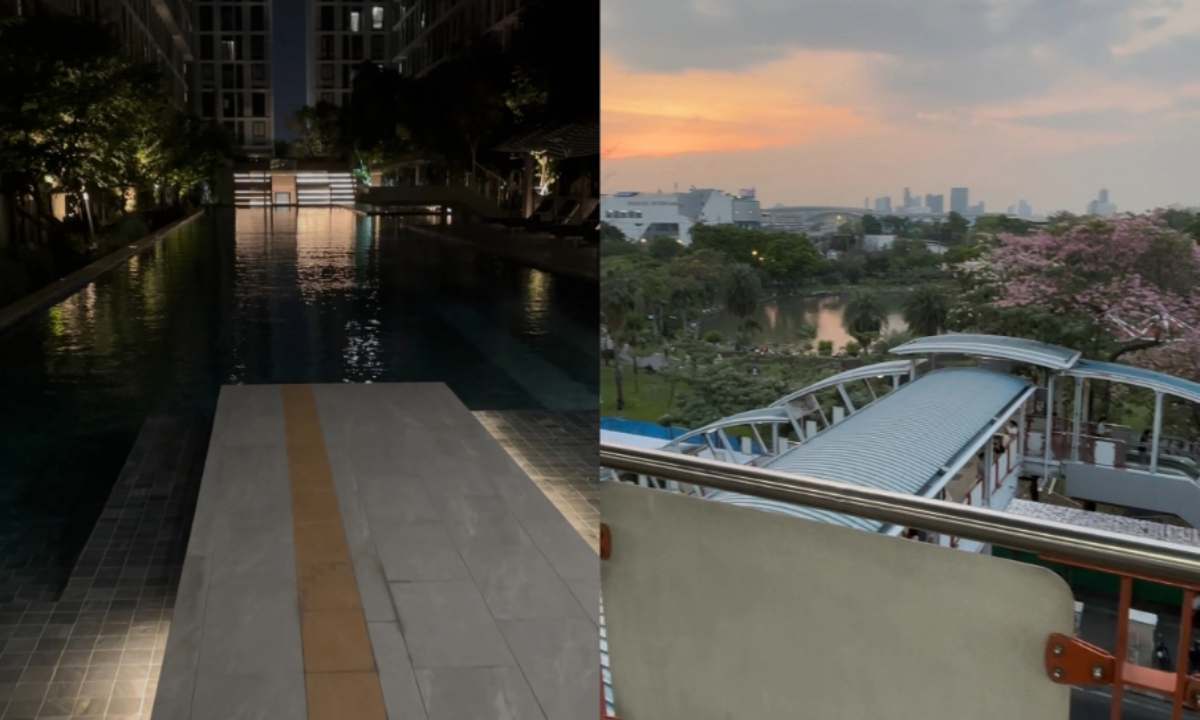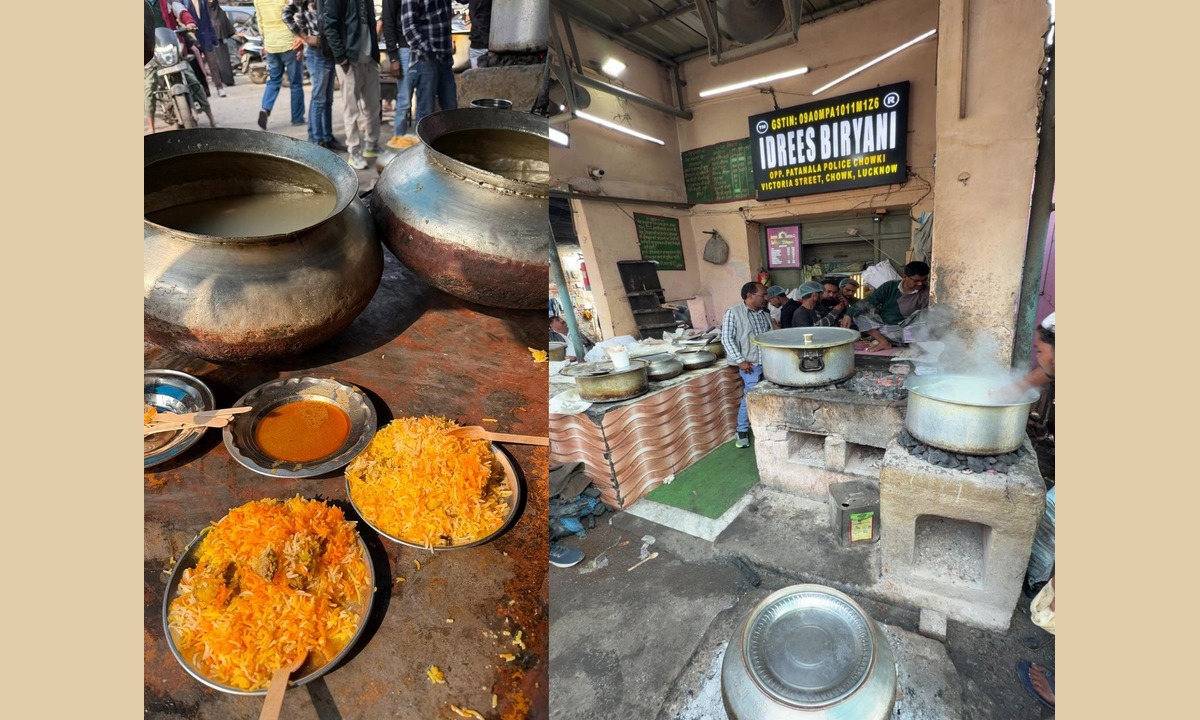
As business travel resumes its momentum in 2024, a significant aspect of the journey remains unchanged: travellers often find themselves covering a substantial portion of their expenses. Even with corporate travel departments managing a chunk of the costs, out-of-pocket expenses can still be significant.
The Cost of Business Travel
According to recent data, business travellers are shouldering considerable out-of-pocket expenses. A survey by Booking.com reveals that travelers are spending an average of $700 (approximately ₹57,000) per trip from their own pockets. In contrast, the Global Business Travel Association (GBTA) reports a slightly higher average of $834 (around ₹69,000). These figures highlight the financial burden that remains a common challenge for many business travelers.
Rising Global Spending
Business travel continues to be a major expenditure, with global spending estimated between $1.4 and $1.5 trillion (approximately ₹1,17,00,000 crore to ₹1,25,00,000 crore). Suzanne Neufang, CEO of GBTA, notes that while the sector is rebounding, there is a need for vigilance. “We are witnessing the expected rebound in the sector, with projected spending expected to continue to increase through 2028. However, we must remain vigilant and adaptive to potential headwinds in this period of stabilisation,” says Neufang.
Increased Spending Across Categories
A significant trend observed is the increase in spending across various travel categories. Nearly two-thirds (64 percent) of business travelers globally report higher expenses compared to 2023. The breakdown of these costs is as follows:
- Lodging: On average, travellers spend $312 (approximately ₹25,000) on accommodation.
- Food and Beverage: Dining costs average $153 (around ₹12,600) per trip.
- Air Travel: Airfare expenses total $176 (approximately ₹14,700) on average.
- Ground Transportation: Costs for taxis, rideshares, or rental cars average $103 (around ₹8,600).
- Miscellaneous Expenses: Additional costs add up to $89 (approximately ₹7,400) on average.
Travel for Leisure
Interestingly, more than half (58 percent) of business travellers take advantage of their trips to extend their stay for leisure or vacation purposes. This trend indicates a blend of work and personal travel, adding a layer of complexity to expense management.
Corporate Travel Policies and Coverage
Despite the growing trend in business travel, only 60 percent of companies have a formal corporate travel policy, according to Trondent, an Illinois-based firm specialising in travel data management. This lack of standardization can contribute to confusion and variability in what expenses are covered.
Comfort vs. Cost
A 2024 Trendex survey by American Express highlights that comfort remains a top priority for business travelers, with more than three-quarters (77 percent) willing to pay extra for hotel or airfare upgrades using personal funds or points. Millennials and Gen-Z travelers are notably more likely to invest in these upgrades compared to their Gen-X and Boomer counterparts (30 percent versus 17 percent).
Preferred Amenities and Incentives
Business travellers have clear preferences when it comes to out-of-pocket expenses:
- Dining Options: All-paid dining options are a top incentive for 52% of travellers.
- Luxury Accommodations: 47% favour upgrading to luxury accommodations.
- Per Diem Allowances: 34% value daily allowances for expenses.
- Premium Benefits: 33% prefer premium benefits such as lounge access or expedited services.
The most common out-of-pocket costs include dining, entertainment, and tips. Travellers also express frustration with last-minute surprises and inadequate access to travel managers, which can complicate expense management.
The Future of Business Travel
Looking ahead, the focus is on enhancing the travel experience by addressing both comfort and efficiency. Suzanne Neufang emphasises the need to prfioritise the traveler’s perspective: “We have to think on a business traveler perspective: why are those travellers on the road? What would get their jobs done better? How can they be efficient, productive, and stay well?”
This approach underscores the importance of balancing comfort with practicality, ensuring that business travel not only supports professional objectives but also meets the evolving needs of modern travellers.
As the business travel landscape continues to evolve, the interplay between cost, comfort, and corporate policy will remain a critical factor in shaping the future of travel. Companies and travellers alike will need to navigate these dynamics carefully to achieve optimal outcomes in an increasingly complex environment.
Popular Categories
Read More Articles
Travel and Tourism
Travel to Thailand gets costlier: International passenger service fee to jump 53% from June by Awadh 360° Desk February 22, 2026Travel and Tourism
Thailand Extends Visa-Free Stay for Indians to 60 Days, Allows 30-Day Extension by Awadh 360° Desk February 19, 2026Travel and Tourism
Lucknow or Zaike: A City Remembered Through Taste by Mohammed Syed Zaid February 11, 2026Business
What's Up With WhatsApp? by Prateek Shukla February 9, 2026



